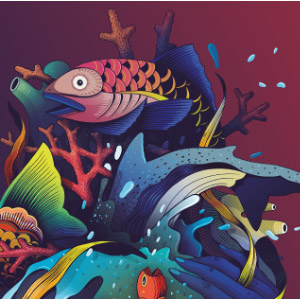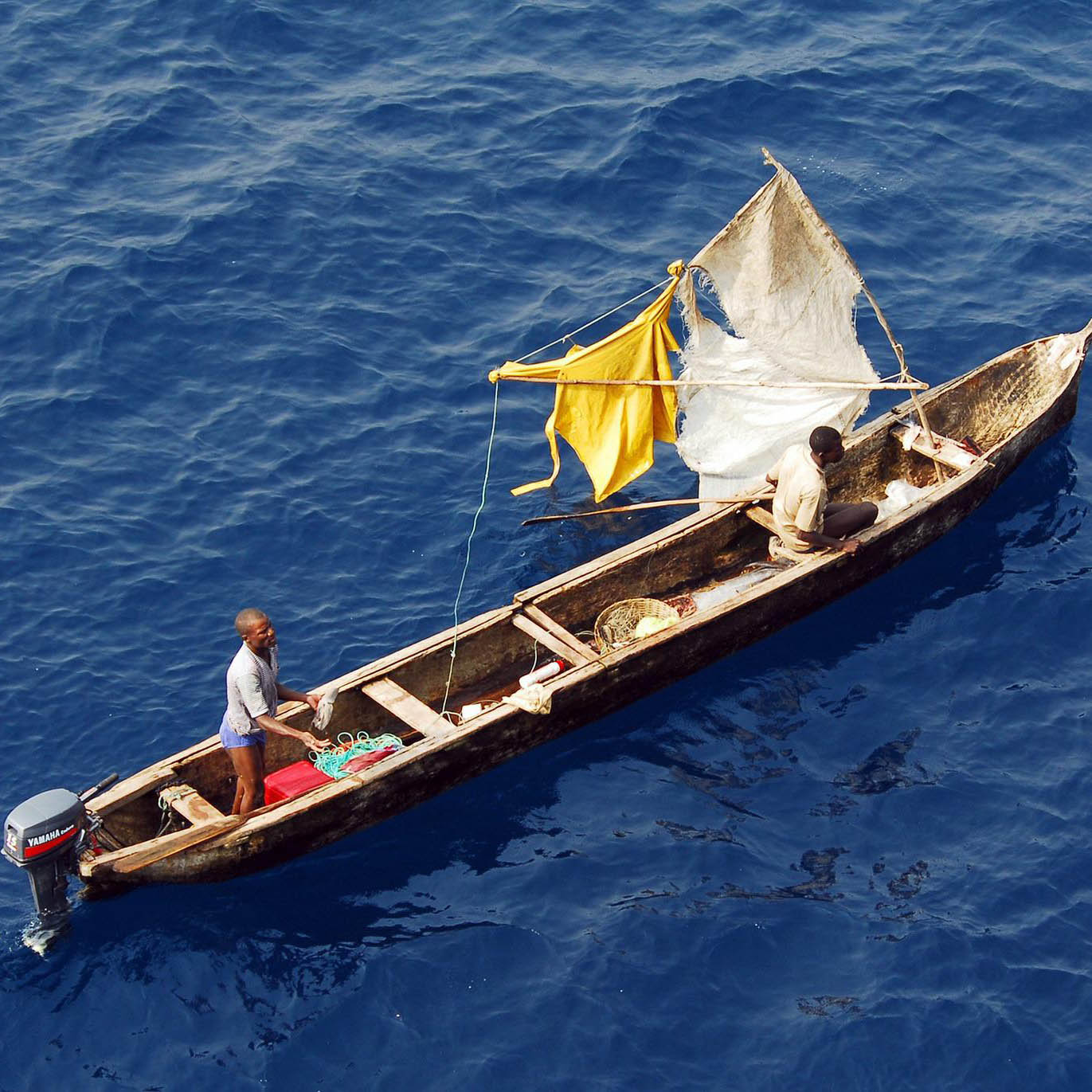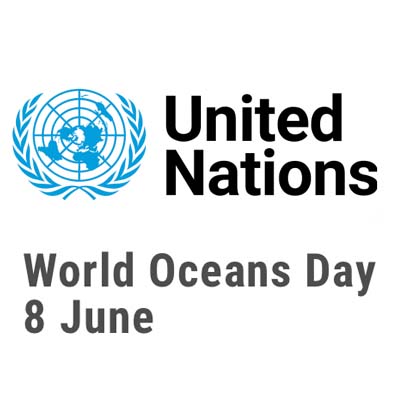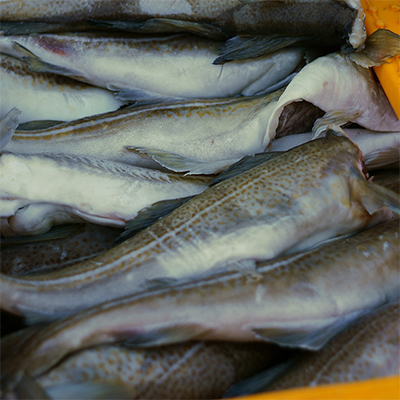
Tags: CORU, FERU, IPCC, Marine protected areas, NGO, Overfishing, policy, Rashid Sumaila, United Nations (UN), William Cheung
Dr. William Cheung & Dr. Rashid Sumaila are off to Portugal for the United Nations Ocean Conference (UNOC), being held June 27 to July 1. Will participate in special side event: Fisheries Management as Climate Action, on June 26.

An international team led by UBC researchers will study five case studies across five continents to model a range of solutions to an urgent question: how can we feed everyone on Earth, and those to come, sustainably?

Stirling works with six Lower Fraser First Nations for her project, which investigates how single-celled algae may be linked to salmon abundance. Although Indigenous Peoples are increasingly working collectively to solve environmental problems that affect Earth’s oceans, challenges remain when it comes to collaborating with the Canadian government, she says.

Any international effort to end plastic pollution must also contend with wealth disparities between nations, according to Dr. Alava. “In some developing countries, the reality is that people survive on plastic garbage."

In order for fishers, companies, governments, NGOs, and other interested groups to act collectively for the good of Earth’s oceans, a baseline level of trust needs to be established, De la Puente said. “Most stakeholder groups have a history of being at odds with each other.”

Dr. Nicola Smith is bringing together knowledge creators from diverse groups across Canada to uncover the true scale of greenhouse gas emissions created by Canada’s ocean industries, and ways to best offset these emissions.

Dr. Deng Palomares discusses how her research spurs collective action for ocean health, and how poverty creates barriers for marine stewardship.

Scientists are calling on the World Trade Organization (WTO) to ban subsidies that can cause overfishing at its meeting next week.
